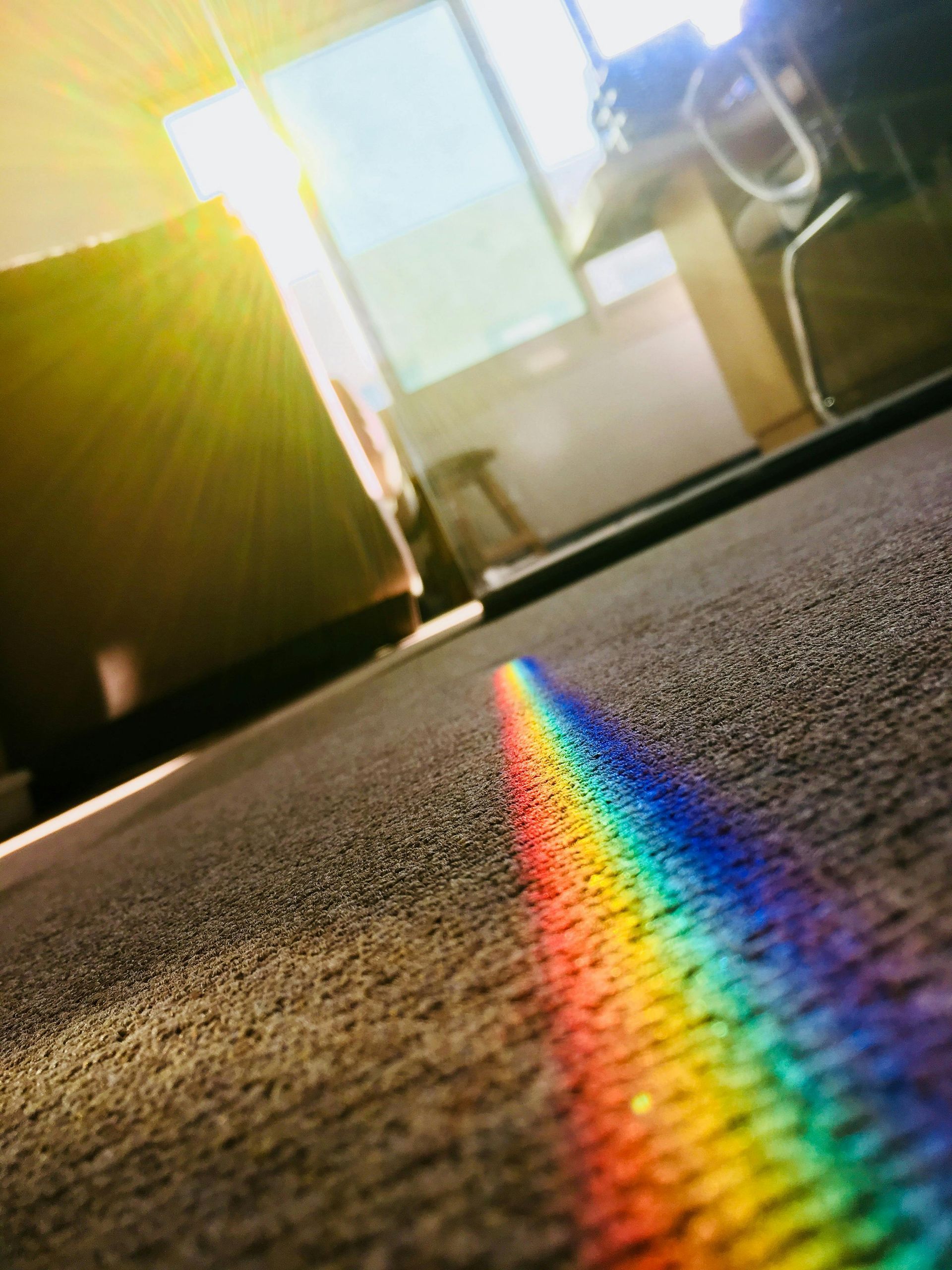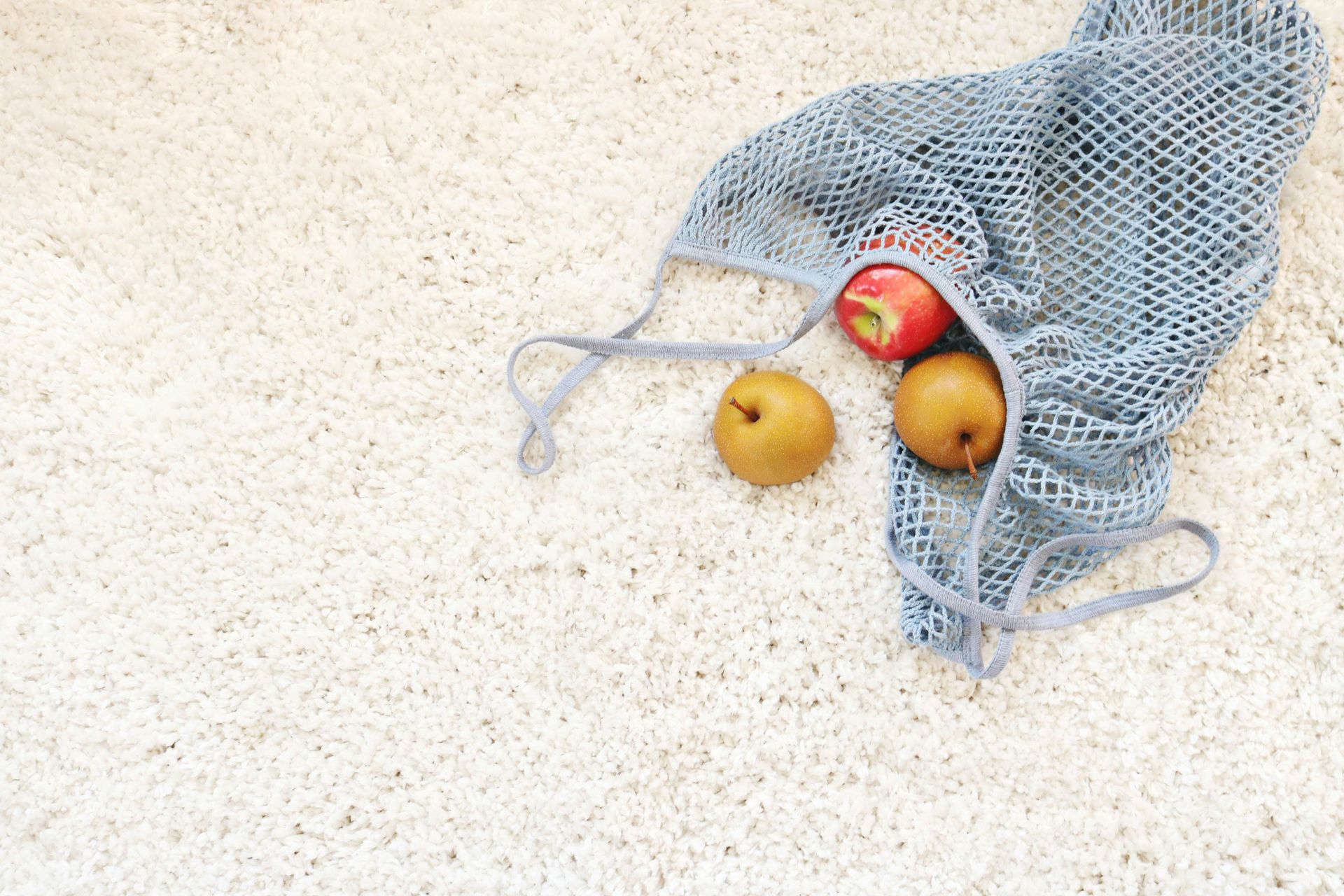Improve Your Home's Air Quality
Ways You Can Make Your Indoor Air Quality Safer

Americans have never before spent so much time indoors, being inside as much as 90% of the time, and never before has indoor air quality been so poor. In fact, it's the environmental factor posing the greatest threat to our health. With better sealed buildings causing less air flow between inside and outside, an increase in the use of synthetically produced products such as cleaners and building supplies that release harmful airborne substances, and all the allergens, pollutants, molds, and dirt that get trekked in daily by our shoes or wafted in through our front doors, it's important for us to look for ways to proactively keep the air clean in our home. Perpetually breathing in air filled with contaminants can lead to issues from headaches, skin irritation, and bronchitis, to asthma, heart disease, or even cancer.
Fortunately, there are several simple things we can do!
Open Your Windows
Hands down the most effective way to maintain higher indoor air quality is to open your windows and doors and let the fresh air in. It's not only one of the simplest methods on this list, but it's free too! Even if you live in an area with high outdoor air pollution, it's still healthier to crack those windows open than to leave them closed and continue to recycle your old air.
Go Shoeless
Take your shoes off at the door! This will keep you from tracking in potential allergens, mold, lead, and bacteria throughout your home. Pesticides and herbicides that you would normally be on high-alert to keep your kiddos and fur babies away from get carried in and embedded in the carpets they play or sleep on.
Get 'Cleaner' About Cleaning
Swap out common household cleaners for ones that don't have dangerous chemicals in them. volatile organic compounds, or VOCs, are misted into your home when you're trying to get rid of mold and bacteria. Unfortunately, instead of helping you make your home safer, they are actually making it more dangerous. VOCs can lead to lung cancer, asthma, and other respiratory issues. Finding out which cleaners are better for you can take some research but the rewards are well worth the effort. There many resources available today that make it easier than ever to find out which cleaning supplies to ditch and which ones to switch to, from apps that allow you to scan products' barcodes to give you an index of how safe they are, like Think Dirty or EWG's Healthy Living apps, to utilizing the EPA website's articles and lists that coach you into learning which specific chemicals to avoid.
Adopt More Houseplants!
There are so many studies that show the benefits of having green spaces in cities. Imagine what having your own personal indoor jungle could do for your indoor air quality! Though research shows divided results over how effective houseplants really are at purifying the air, some studies have shown that spider plants, snake plants, and peace lilies are the best plants at ridding the air of certain toxins.
Plug in an Air Purifier
This one is great because it filters out the dust, bacteria, and VOCs that are already in your home's air. Not only does it create cleaner air for you to breathe (meaning fewer health problems and better sleep for everyone in your household), it can make your whole house smell better too! Just like the cleaners, you'll need to do your research before bringing one home. There are different types of air purifiers - filtered, UV light, and electrostatic ones - and certain ones are better at filtering out different thing. Also, they may not be able to filter out certain things, such as mold, larger allergens (like pollen), and some VOCs.
Carpet EVERYTHING!! (JK, JK)
Did you know that carpets actually help purify indoor air? They trap all those allergens too large for an air purifier (along with all those tiny ones too), lead, dust, dirt, mold, those pesticides and herbicides drug in by our shoes...and keep them from floating around in your air. Some of these particles also absorb toxic airborne gases.
Of course you don't want to leave those particles laying there in your rug to be kicked back up in the air or to come into skin contact with anyone who may choose to lounge on your floor. It's important to vacuum all your carpets at least once a week, and up to twice in the higher traffic areas of your home.
While being faithful to do these routine vacuumings yourself is a great way to improve your air quality, don't
forget to invest in getting your carpets professionally cleaned every 12-18 months. The industrial-powered machines and special cleaners professional cleaners use are able to do a deep clean your home vac just isn't capable of. Also check to make sure the cleaners used are environmentally safe as you don't want to bathe your carpets in a VOC-laden detergent.
These are just a few suggestions to keep your family healthier by breathing cleaner air while doing life together at home. Hopefully there are some simple ones you can start using today!
AIR QUALITY CAN BE A SERIOUS CONCERN IN OUR HOUSES. LIVING IN CITIES OFTEN CAUSES US TO BECOME NOSE BLIND TO THE EVERYDAY AIR POLLUTION THAT SURROUNDS US. I WANT TO HELP YOU KEEP YOUR INDOOR AIR QUALITY AS CLEAN AS POSSIBLE TO HELP EASE AND PREVENT RESPIRATORY ILLNESSES IN YOUR HOME. IF YOU FEEL THAT A DEEP CARPET CLEANING WOULD HELP YOU HAVE CLEANER INDOOR AIR PLEASE REACH OUT TO ME FOR A FREE QUOTE OR TO SCHEDULE A CLEANING. THANK YOU!



